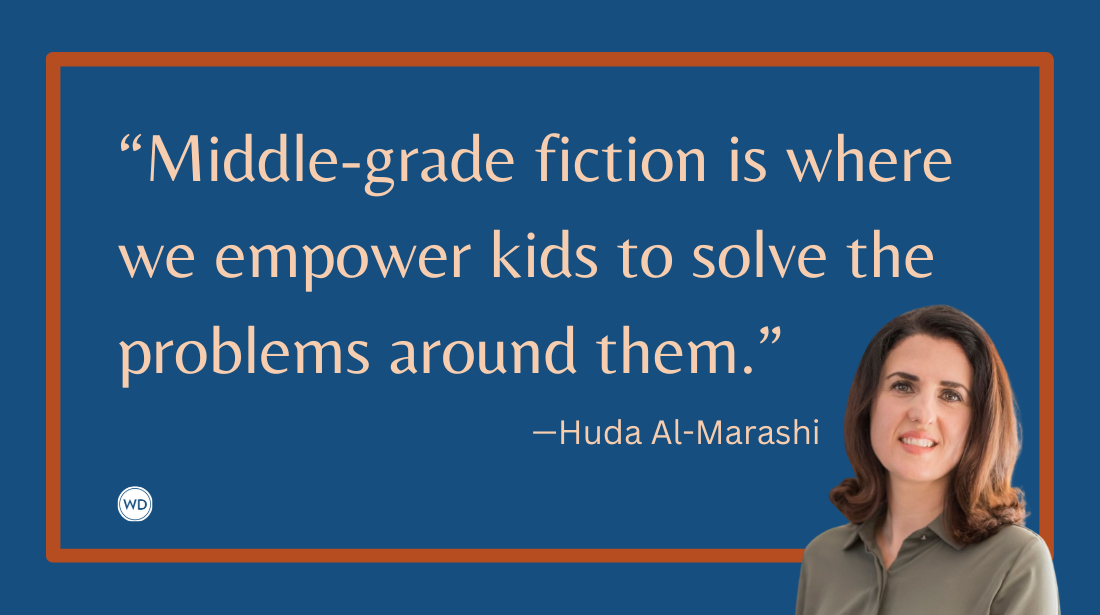Questions To Ask Before Hiring a Developmental Editor
While it may be tempting to jump in and hire an editor the moment you’re ready, it’s important to cross a few more things off your list first. Let editor and writer Tiffany Yates Martin walk you through the questions you should ask before hiring a developmental editor.
If you’ve been reading previous posts in this series, you’ve already determined whether you need an edit as well as what type is best for you, and narrowed down the field to those editors with solid, relevant experience. At this point it’s tempting to dive right in and hire one so you can start polishing your manuscript.
But don’t leap too quickly. Hiring a developmental editor is a major investment of an author’s resources—not just money (developmental edits often range into the thousands), but effort, time, and energy. It has the potential to markedly boost your writing and career, or to significantly damage it.
Once you’ve narrowed the field to a handful of professional editors with solid, relevant experience and credentials, taking a little bit more time to nail down key specifics and clarify expectations on both sides will not only prevent disappointment, misunderstanding, and frustration, but also ensure you get the most value for the resources you’re expending.
Start by asking yourself a few questions
Do you get a good feel from the editor’s website or listing? Many editors will convey a bit of their approach to their craft—a mission statement of sorts. Do you like the things they have to say and their perspective on writing and editing?
Do the manuscripts they’ve worked on seem like comps for you and your story? Are these titles in your genre? Does the editor have experience in whatever field of publishing you’re interested in: trad pub, small press, indie?
Is the editor also a successful published author? This is a trick question. It's true that having experience on both sides of the page can offer an editor insight into how best to help authors and an understanding of the writing and revision process. But great authors are not always good editors, any more than great directors are necessarily great actors (and vice versa). They are two different skills. The most important thing to look for is the editor's level of experience in editing. And that's where you can dig a bit deeper into some of the initial vetting questions we looked at in the last installment of this series.
Once you’ve got your shortlist winnowed down to a few frontrunners, it’s time to contact them directly with more specific questions.
Questions to Ask a Potential Developmental Editor
How do they work?
Certain practices have become fairly standard in the editing world: an editorial letter with the big-picture overview of the editor’s feedback, and the use of embedded comments in Track Changes that clarify and build on those overarching observations. But it’s best to confirm specifics before you engage an editor.
How extensive does their feedback tend to be? Editorial letters can range from a page or two to many more. Some editors utilize extensive embedded comments and some take a lighter approach. Most editors should be able to characterize their usual way of working—and it’s helpful as an author if you have some idea which approach might best suit your preferences and needs.
Much of this information may be on the editor’s website or organization listing, but if not feel free to contact them and ask.
What’s their availability, and what is their usual turnaround time for each editorial pass? Do they set a schedule and deadlines with authors?
Anyone who’s tried to hire an editor already knows: Good ones book up early. How soon would the editor be able to start work on your manuscript, and—if you’ve booked well in advance—are they flexible if you need more time?
Some authors have cautionary tales about hiring an editor without a clearly defined schedule and waiting months beyond their start date for the editor to return the completed edit pass. Make sure any editor you are interested in spells out when you will turn in the manuscript to them and when you can expect the edited manuscript back.
For editors who offer multiple-edit-pass packages (where the editor does subsequent edit passes on your revised drafts), do they set a schedule for each pass in advance, so you don’t wind up having to wait for another opening? Are they flexible based on your preferences for how much time you’d like to work on revisions in each pass?
What are their rates, and do they offer follow-up time after an edit?
Editor rates vary widely, as does their rate structures: they may charge per hour, per word, per page, or a flat rate. Some customize their quote for each client within a published range; some offer one standard rate. Regardless of how they charge for their services, does the editor offer you a firm quote before work begins? And is it in line with industry standard rates for the type of edit and their experience level?
The Editorial Freelancers’ Association offers this rate chart (self-reported by member editors) that can be a handy reference, but research a number of different editors’ rates to get an idea of standard ranges.
Is follow-up time to discuss the edit included in the rate? What type, and how much of it?
Do they offer a written contract?
This one is a dealbreaker, in my book. A comprehensive contract sets clear expectations for the scope and specifics of the work, and protects both parties.
A good contract should include:
- The exact scope of work and deliverables
- The editor’s rate in a firm agreed-upon quote, as well as terms
- Payment schedule and methods
- Concrete schedule and deadlines for contracted work
- Expectations and requirements on both sides
- Change and cancellation policies and terms
- Remediation recourse
Once the contract is executed (signed by both parties), you should receive a copy for your records.
Do they offer a sample edit?
For me this is also nonnegotiable: The sample edit lets you see how the editor works firsthand, their style, tone, and approach, and whether they pick up on your intentions and their edits resonate with you. It allows you to assess whether they’re a good editorial “fit” for your story and style, and for the editor to do the same (you don’t want an editor who isn’t enthusiastic and confident about your story).
A sample edit also allows the editor to give you a specific quote based on the level of editing they feel may be required, rather than a generic one.
Most of us wouldn’t dream of buying a car or even a mattress without first trying it out. If an editor won’t offer a sample edit, I recommend moving on to another editor.
****
As with any significant investment, doing your due diligence and making sure you know exactly what you’re buying and what you're going to get can be the difference between money well spent and money potentially wasted—especially in the highly subjective and personal field of commoditized creativity.
Next month’s installment in this series takes a closer look at evaluating the sample edit and making your final choice in hiring an editor. And in February we’ll look at alternatives to a professional edit in polishing your story—not every manuscript automatically requires a developmental editor, and financial limitations shouldn’t be a barrier to entry to a writing career.
Tiffany Yates Martin has spent nearly 30 years as an editor in the publishing industry, working with major publishers and New York Times, Washington Post, Wall Street Journal, and USA Today bestselling and award-winning authors as well as indie and newer writers. She is the founder of FoxPrint Editorial and author of the bestseller Intuitive Editing: A Creative and Practical Guide to Revising Your Writing. Under the pen name Phoebe Fox, she's the author of six novels, including the upcoming The Way We Weren't (Berkley). Visit her at FoxPrintEditorial.com or PhoebeFoxAuthor.com.









